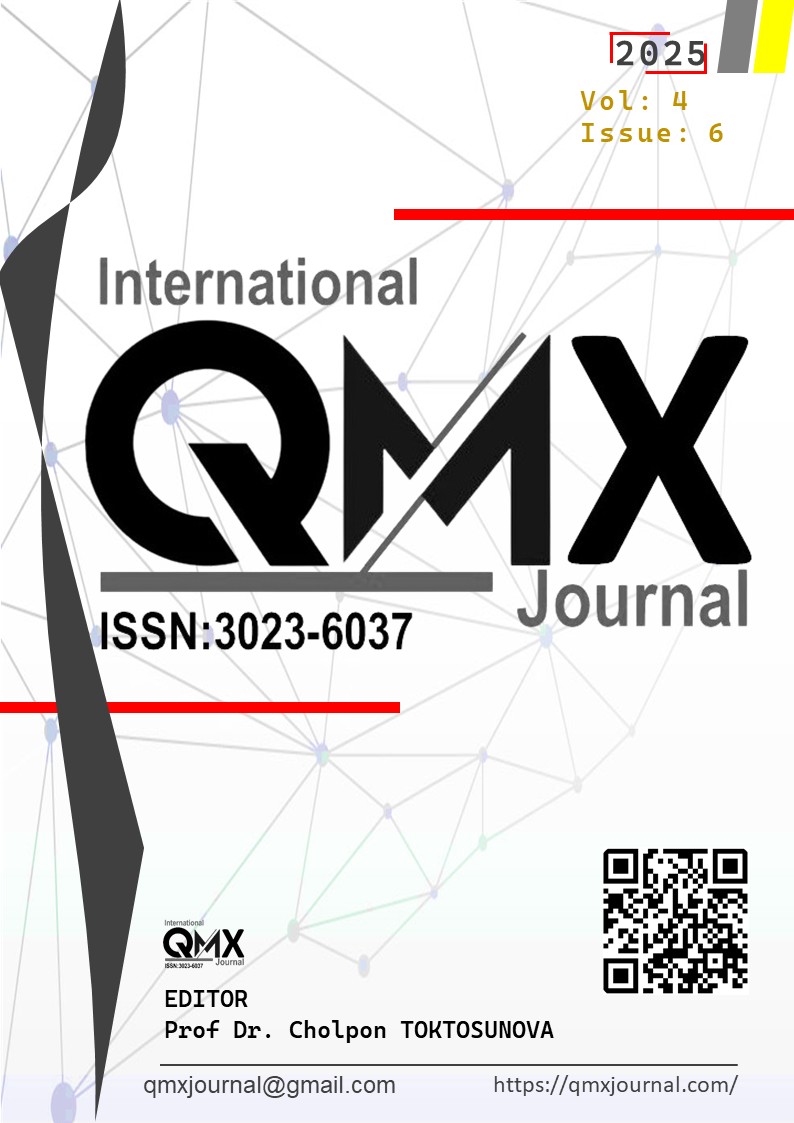Author :
Abstract
Bu araştırmanın amacı uzaktan eğitimin verimliliğini artırmaya yönelik eğitim paydaşlarının (İl Milli Eğitim Müdürlüğü personeli, Öğretmen, Öğrenci, Veli) görüşlerini ortaya koymaktır. Araştırma fenomenolojik modelle tasarlanmış nitel bir araştırmadır. Veriler yarı yapılandırılmış görüşme formu vasıtasıyla paydaşlarla birebir görüşmeler yapılarak toplanmıştır. Görüşmeler görüşme esnasında araştırmacılarca yazılarak kayıt altına alınmıştır. Araştırma bulgularına göre; Milli Eğitim Müdürlüğü personelleri eğitim paydaşlarına sorumluluk alma konusunda farklı önerilerde bulunmuştur. Akademisyenler daha çok paydaşlara destek konusunda bakanlığın ve müdürlüğün sorumluluklarına değinmişlerdir. Yine öğretmenler ve öğrenciler de daha çok bakanlığın ve müdürlüğün sorumlulukları üzerinde durmuşlardır. Akademisyenler, öğretmenler, öğrenciler ve veliler daha çok bakanlığın ve müdürlüğün sorumlulukları üzerinde dururken İl Milli Eğitim Müdürlüğü personeli paydaşların kendi sorumluluklarına yoğunlaşmıştır. Bu durum diğer paydaşların (Öğretmen, akademisyen, Öğrenci ve veli) daha çok üst yönetimden beklentilerinin olduğunu ortaya koyarken müdürlük personelinin diğer paydaşlara sorumluluk yüklemesi anlamına gelmektedir. Başta bakanlık ve müdürlük olmak üzere tüm paydaşların farklı kategorilerdeki sorumluluklarının farkına varması ve yerine getirmesi önerilmektedir.
Keywords
Abstract
The aim of this research is to reveal the views of educational stakeholders (Provincial Directorate of National Education staff, Teachers, Students, Parents) on increasing the efficiency of distance education. The research is a qualitative study designed with phenomenological model. The data were collected through one-to-one interviews with the stakeholders using a semi-structured interview form. The interviews were transcribed and recorded by the researchers during the interview. According to the findings of the research; the staff of the Directorate of National Education made different suggestions about taking responsibility for educational stakeholders. Academics mostly mentioned the responsibilities of the ministry and the directorate in supporting stakeholders. Again, teachers and students mostly emphasized the responsibilities of the ministry and the directorate. While academics, teachers, students and parents mostly emphasized the responsibilities of the ministry and the directorate, the staff of the Provincial Directorate of National Education focused on the responsibilities of the stakeholders themselves. This means that while other stakeholders (teachers, academics, students and parents) have more expectations from senior management, the personnel of the directorate impose responsibilities on other stakeholders. It is recommended that all stakeholders, especially the ministry and the directorate, realize and fulfill their responsibilities in different categories.





